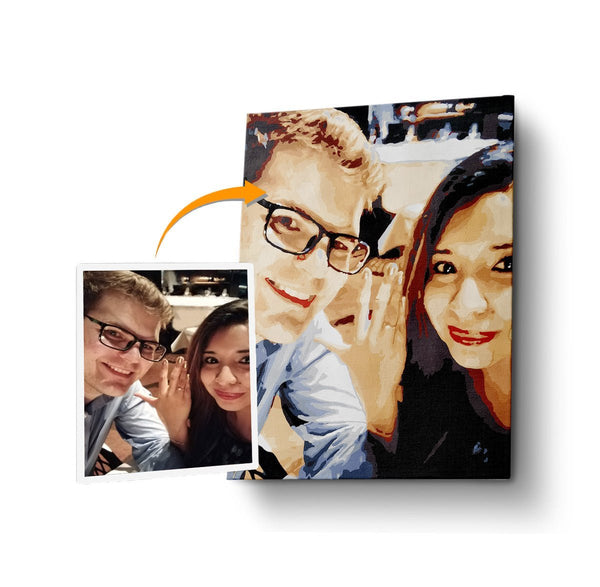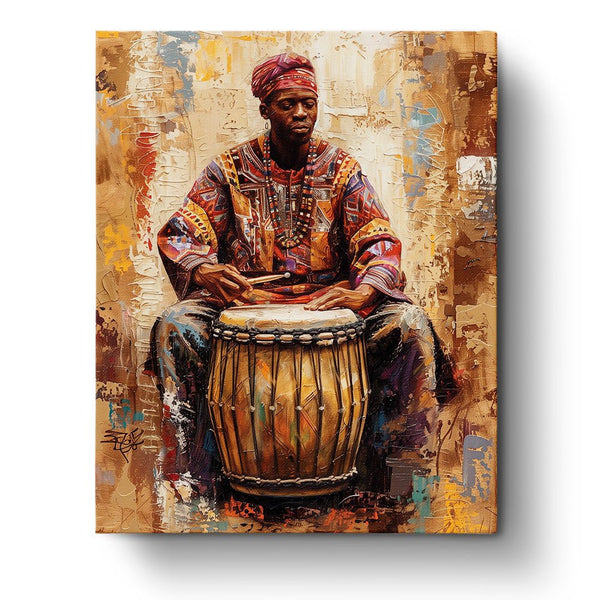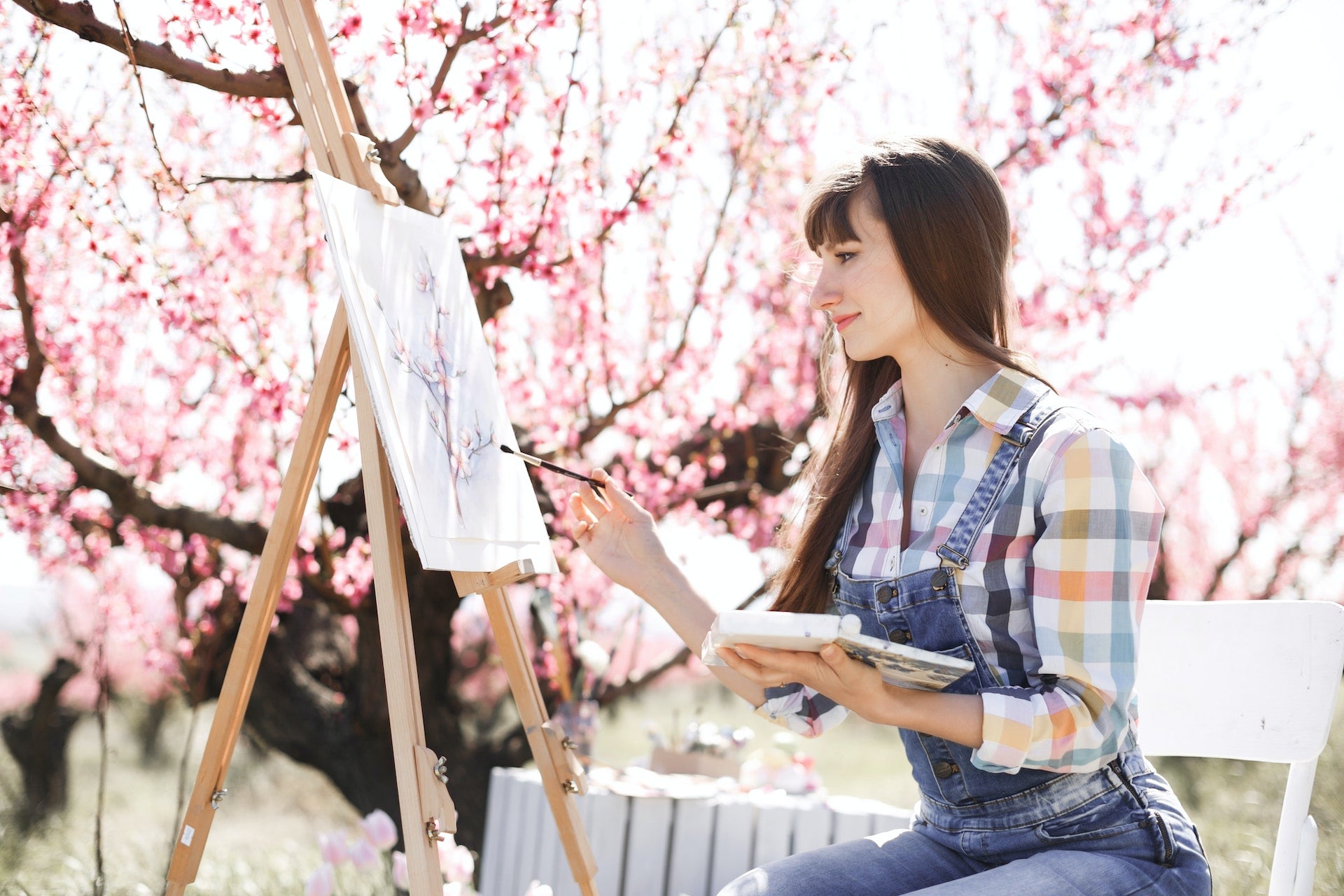
Let's Talk About Art: Is it True that Art is Subjective?
Art has served many distinct tasks in its whole history, which makes it challenging to explain or define its meaning. This does not mean that the goal of art is ambiguous, but rather that it was developed for a variety of unique and distinct purposes. Art may have a personal purpose because it expresses a basic human need for rhythm, stability, and harmony.
At this stage, art is an inner awareness of beauty and balance, and hence a part of being human that goes beyond function. Art also allows us to feel ourselves in connection to the cosmos. When one likes any form of art, this experience may emerge unprompted.
Art is one of the most important things in our lives. We use it to express ourselves, connect with others, and experience beauty. But what makes art so special? Is it subjective? Can all art be subjective? And if so, how can we know when an object or event is considered fine art? In this post, we will answer these questions and discuss why we need to think about these issues more closely.

Art can be classified according to its imitation (representation of reality), expressiveness, emotional connection, or other characteristics. Art grew to be regarded as "a distinct ability of the human mind to be grouped alongside faith and science" throughout the Romantic movement.
Though the concept of art is contested and has evolved through time, basic explanations reference a sense of creative or technical talent arising from human action and production. With that in mind, the way we define art is already subjective. How about when it comes to its interpretation? Let's learn more about art below.
What is art?
Art is defined in various ways, there is no consensus of what art is. With such, one often brings up the topic of whether or not art is subjective which will be discussed later on.
Accordingly, art encompasses a broad range of human actions that result in the creation of visible, musical, or performative creations. These pieces of art demonstrate the artist's inventive or technical ability. Art is meant to be admired for its aesthetic or expressive force. These pursuits, in their broadest sense, encompass the creation of artistic works, the critique of art, the investigation of art history, and the cultural transmission of art.

Art is a way of communicating. It's an expression of the artist's personality, feelings, culture, and beliefs. It also expresses their values by reflecting on what they think is important in life.
Art can be anything from painting to music to writing poems or songs.
Is art objective?
When you think of art, what do you think? This is a subjective question. Art is a form of expression, and as such it's subjective—it depends on what the artist wants to say with their work.
Art can also be subjective because it's an emotional experience for the viewer: if I love something, then my reaction will always be different from someone else's who doesn't like it as much. The same goes for personal interpretations of the world: if you see something beautiful in nature or literature that others don't see at all (or maybe they do but just don't understand), then your reaction might differ from theirs too!
Is all art subjective?
When you think of art, you probably think of a subjective experience. If a painting is beautiful and meaningful to one person, it may not be beautiful or meaningful to another person. But, this isn't true for all types of art—some types of work can be objectively judged as good or bad based on their quality. These are called objective works because they don't rely on the viewer's personal preferences to make judgments about them (although those preferences do affect how those works will be perceived).

Is all art the same?
Art is not just a painting or sculpture, but also a poem, song, and dance. It can be found in many forms of entertainment and media. You might think that all art has to do with painting or sculpture because you see them on TV or in magazines every day. But there's so much more than that!
Some people indeed prefer to paint or sculpt their subjects using traditional techniques; however, there are many ways to express yourself through different mediums including poetry (written words), film (moving images) music video performances choreography, etc.
So what makes something an "art?" Well first off, let us clarify by saying we’re not here to argue whether any particular style of expression qualifies as art; what matters most is whether it appeals aesthetically rather than technically creative ability/skill level required for making each piece successful at entertaining viewers/audience members who appreciate its message/message conveyed through visuals used during the performance period before moving onto next stage.
How is our experience of art affected by culture?
One of the most common questions that comes up when you talk about art is whether it's subjective or objective. This topic can be a difficult one to tackle, as there are many different ways we experience and interpret art.
First of all, culture shapes our perception of art. For example: if your culture has a tradition of painting landscapes with religious significance (e.g., angels), then you may be more likely to see these paintings as beautiful or meaningful than someone from another country where the painting was never an important part of their culture (e.g., America).
However, even within each culture, there are differences between how people view certain types of works—for example, some people might consider abstract expressionism "more" valuable than realism; others might think differently based on what they've been exposed to over time!

Why Our Art Views Differ from One Another
If you’re new to the concept of art, you might be wondering if our views differ from one another. The answer is yes but in a very interesting way. Art is subjective and each person experiences it differently based on their culture, age, interests, and personality.
For example: If two people are both interested in art but have different backgrounds (cultures), then their experiences will differ as well because each has been taught about certain subjects at different times in his/her life. In addition to these factors being important contributors during an individual’s artistic journey (which includes being exposed to various kinds of works), there are also external factors such as whether someone has traveled abroad or lived abroad while growing up; if they studied abroad while still living at home with parents; etc., which can influence how someone perceives certain works of art compared to others who have similar experiences.

NOTE: Art is more than one thing, and it can mean different things to different people.
Art is more than one thing, and it can mean different things to different people. If you're an art connoisseur like me, you might say that art is subjective—that's because there are many ways of looking at the same thing.
Art has been around for centuries, but it's only recently become a part of our everyday lives. Before television and computers became commonplace in our homes and offices, artists used other mediums such as paintbrushes or pen tablets (or even just their hands) to create beautiful works of art that reflected their culture and beliefs. Today we still find ourselves appreciating these pieces—but now they're digitized so they are available on any device we have access to!
Artists often choose subjects based on what resonates with them; this can be either positive or negative depending on how they see themselves at any given time (i.e., whether someone feels confident enough about themselves).
Conclusion
We hope we’ve piqued your interest in art and its many meanings. The next time you walk into a gallery or museum, consider the different ways in which people experience paintings, sculptures, and other visual art. It may change the way you see things—and it certainly will change how others see them!





